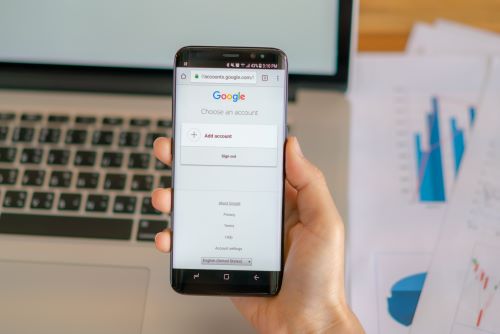Chances are you already know how important optimising your content for Google is. The superficial goal of SEO optimisation is to rank. Whilst ranking is important, the purpose of achieving high rankings is to bring more traffic to your website that will hopefully lead to conversions and sales on your website.
However content that is optimised for Google doesn’t always appeal to your audience. Ranking well and attracting a whole army of internet traffic warriors to your website is useless if they end up confused, frustrated or bored. You won’t get conversions this way.
You’re going to have to optimise your content for Google and your audience. Keep on reading for 5 ways to do this.
Perfect the art of SEO copywriting
SEO copywriting is incredibly important when it comes to creating content. It includes creating compelling and useful content that is also keyword specific. This is content that your audience will readily share on their social media platforms, a factor that greatly contributed to both the relevance and authority of your content. SEO copywriting is a quick and easy way to target your specific audience and offer them solutions to their problems through expertly crafted content. Don’t hesitate to consult a digital marketing agency that will help you publish A+ content on a recurrent basis.
Focus on website speed
A website that is slow to load will drive away traffic. Focusing on fast loading times is absolutely essential. Aside from keeping your audience happy, site speed is also a ranking factor. A load time of over 2-3 seconds is unacceptable.
Meta descriptions really do matter
Get your meta-descriptions right as they are crucial in helping guide search engines. Meta descriptions help both the search ending and your website’s visitors understand your post, the topic it covers and the reasons behind your targeted keywords showing up multiple times in your content. Your meta description is used by Google to provide a snippet of information (often a quick summary about what your post is about) when people search for keywords that are relevant to your page. The ideal meta description contains between 150-160 characters and should offer your audience a glimpse of what your content is about. First impressions count, so make sure that your meta description captures attention and provides your audience with what they are looking for.
Include page links
Refer to the useful links included in this article whenever you need to. Aside from offering added value, these links also serve as building blocks for a web page. Quality page links tell Google that you are sociable, connected and that you have useful information for your audience. This content could be yours or someone else’s. Google will favour you and your audience will enjoy your quality content.
Do your research
Do your homework. Research what specific keywords your audience is searching for on Google. You can go further by collecting data from surveys, polls, contests and blog comments. Never underestimate the benefits that data analysis can offer to your business. It provides a priceless filter through which you can more tightly focus your efforts. You’ll be able to create A+ content using your new insights that both your audience and Google will love you for.
Creating stellar content that both Google and your target market loves doesn’t have to be difficult. In fact, once you master the art of curating banging SEO content, you’ll find that the process becomes easier with practice.
“The opinions expressed by BizWitty Contributors are their own, not those of BizCover and should not be relied upon in place of appropriate professional advice. Please read our full disclaimer."







